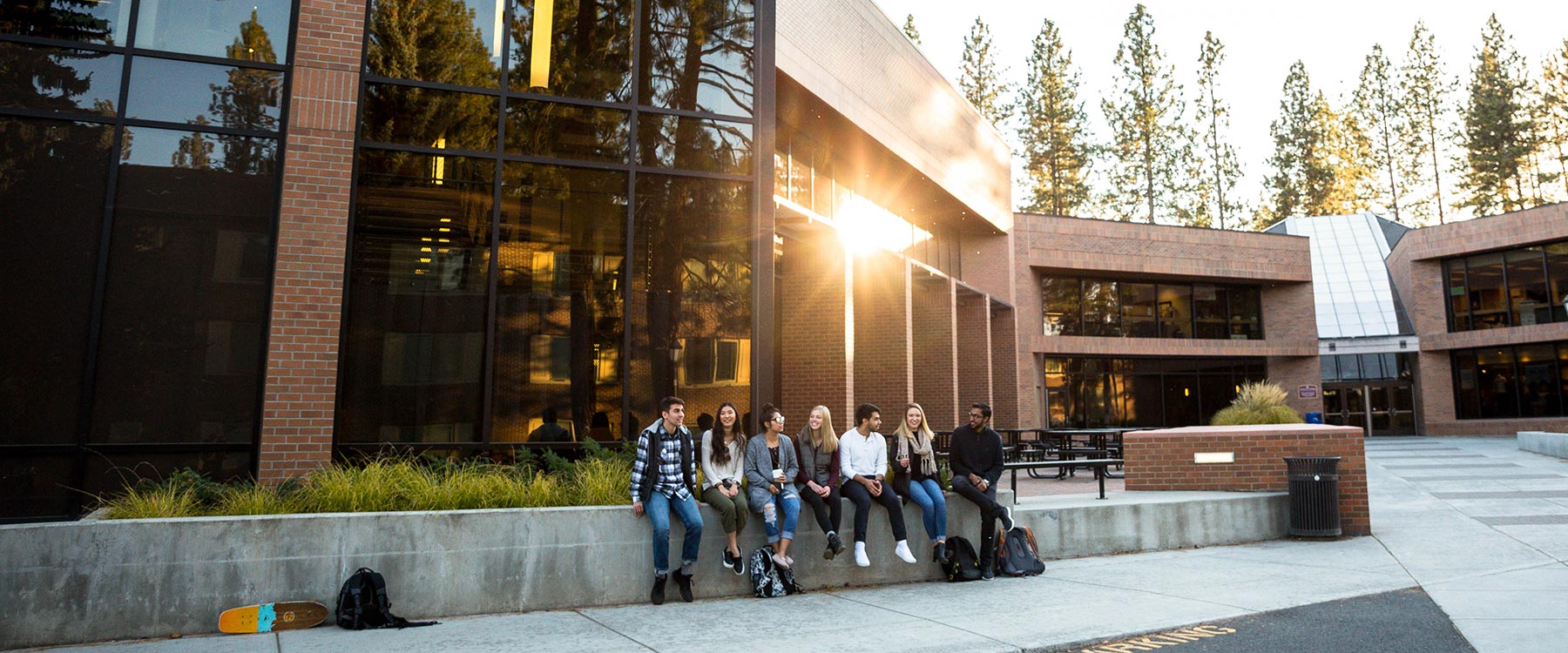Educational Support Services
ESS Defined
Whitworth Educational Support Services works with students with disabilities who seek academic, housing or other accommodations for disability-related needs. Our policies and practices are designed to ensure that students have an opportunity to engage in an individualized and interactive process with Whitworth staff to determine reasonable and appropriate accommodations. Please familiarize yourself with the information on this webpage. Current and incoming students are encouraged to begin the accommodations process as soon as possible once a potential accommodation need has been identified. To get started, click on the link “Step 1: ESS Disability Application” located in the right-hand column of this webpage.
Disability Defined
Under the ADA, a person with a disability "is a person who: (1) has a physical or mental impairment that substantially limits one or more major life activities; OR (2) has a record of such an impairment; OR (3) is regarded as having such an impairment. Not all disabilities require accommodations. Even students who do not need auxiliary aids or academic adjustments should meet with educational support services for advice and information about available resources, services and programs. For more information, click on the link “ESS Documentation Guidelines” located in the left-hand column of the page.
Disability Policy
Whitworth University will not exclude otherwise qualified applicants or students with disabilities from participation in, or access to, its academic, housing or extracurricular programs. The phrase "otherwise qualified" refers to students who, without consideration of disability, are admissible to the university. Program participation will not be denied to a student with a disability when that person, with a reasonable accommodation, can perform the essential functions required of that program.
New ESS Portal
Educational support services is rolling out a new way for students and faculty to access accommodation requests and exam proctoring. All the things you need for both are collected in one place with a software called AIM. This should greatly streamline the process for all involved.
ESS Faculty Portal
ESS Student Portal
